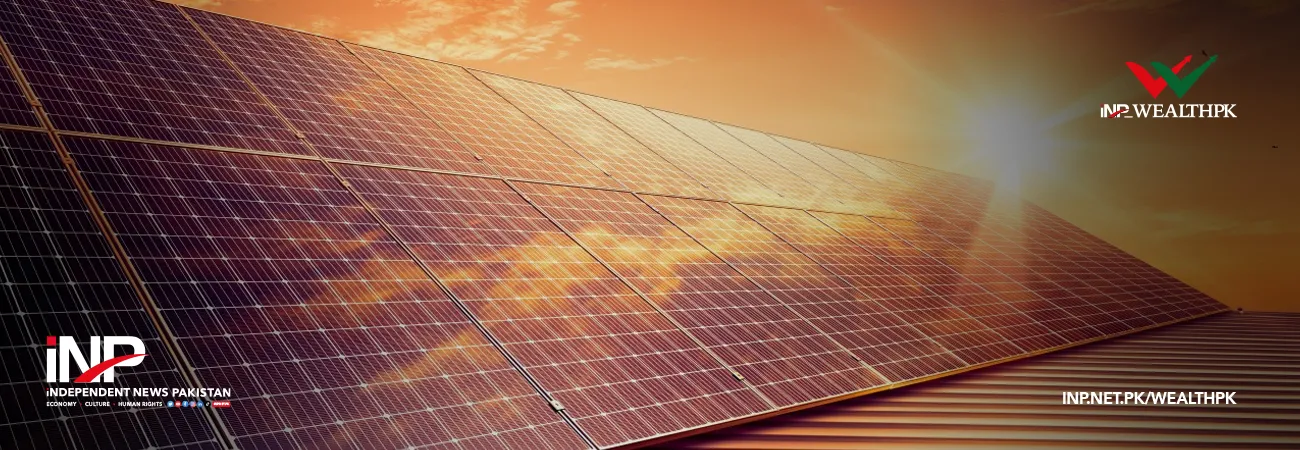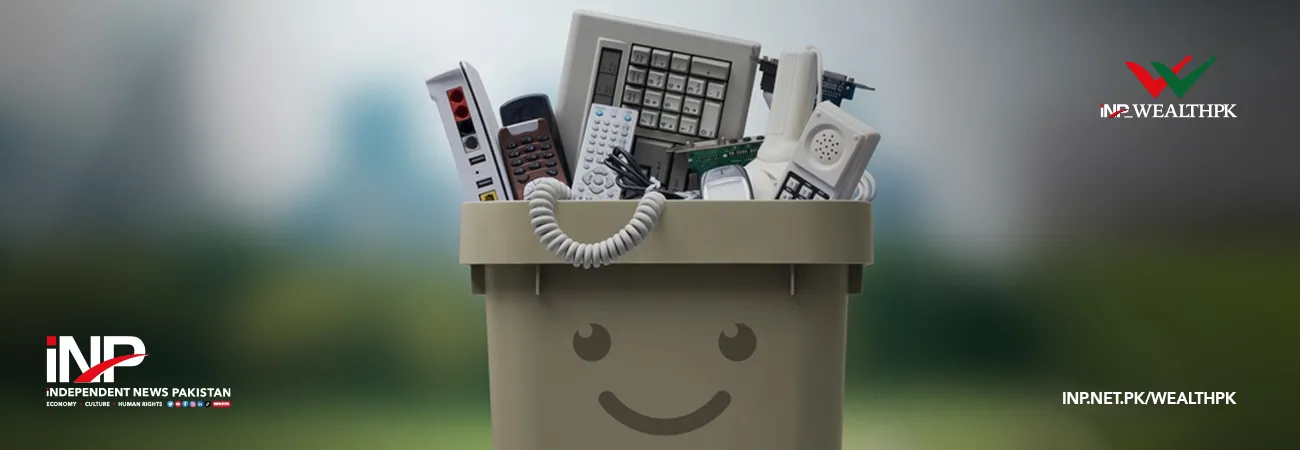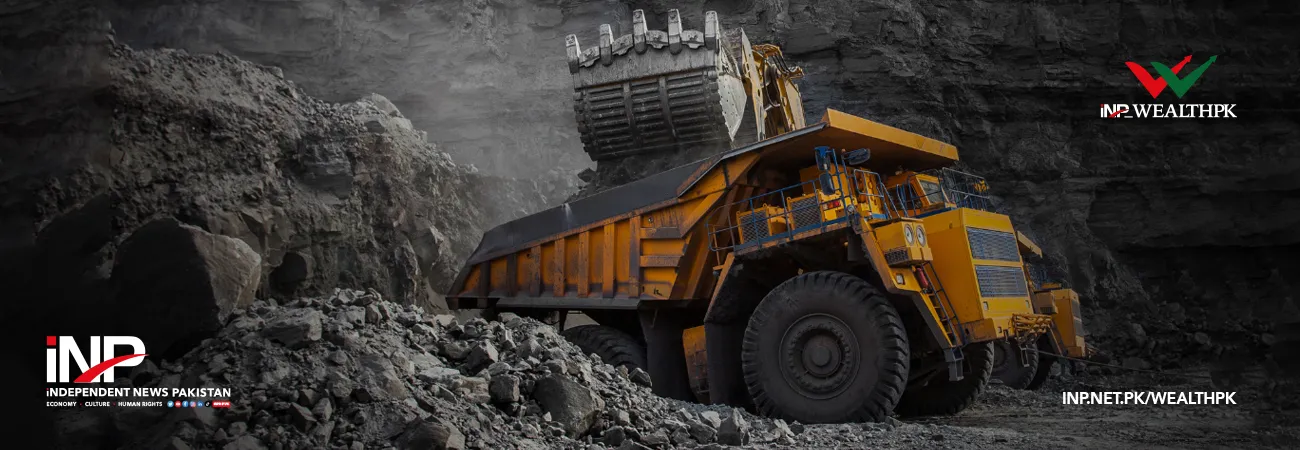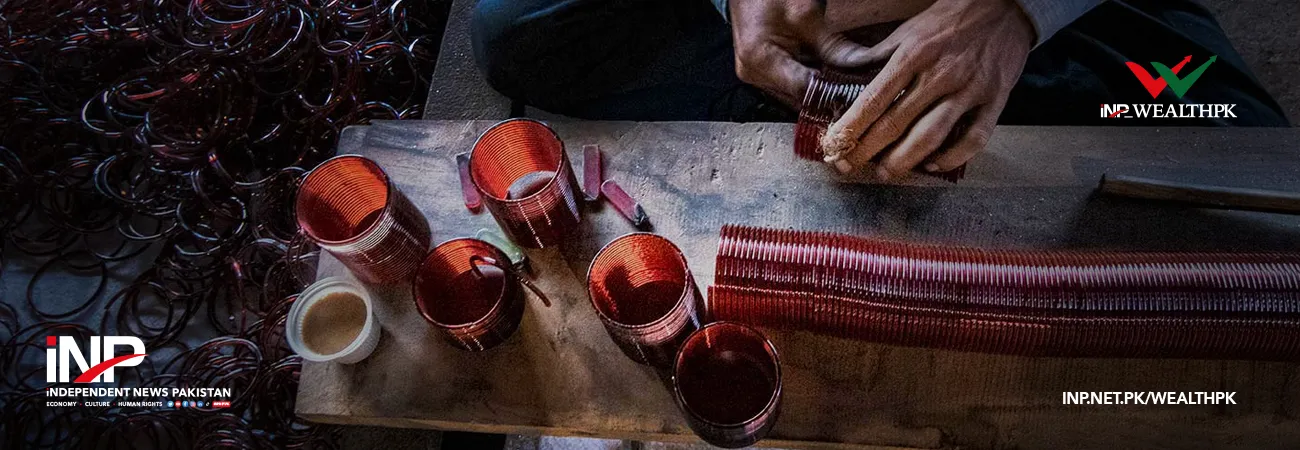آئی این پی ویلتھ پی کے
Amir Saeed
Pakistan’s rooftop solar sector is facing renewed uncertainty amid discussions centred around buyback rate cut and doing away with net metering that could impact future investments.

The proposals to lower the buyback rate for surplus solar electricity from Rs27 to Rs10 per unit, and a possible shift from net metering to gross metering have fuelled debate and concern throughout the industry.
Talking to WealthPK, Rafiullah Shams, Manager at RS Solar Solution Private Limited, said that the government was still reviewing policy revisions and that ongoing consultations with stakeholders, such as solar companies and consumer advocates, would play a key role in shaping the final decisions.
“As of now the existing net metering framework remains operational, allowing rooftop solar users to sell excess power to the grid at established rates. Even the discussion of potential changes, however, has caused unease among prospective investors and solar system owners,” he said.
Rapid solar expansion has characterised the sector in recent years, with net-metered rooftop solar capacity climbing from 300MW in 2021 to more than 2,800MW by mid-2025, accounting for an estimated 5% of Pakistan’s electricity supply. Rafiullah warned that policy ambiguity could stall this momentum. “Once hailed as a foundational element of Pakistan’s energy future, the solar transition is now being seen as a burden.
Such inconsistency in policy, even if not yet finalised, undermines the confidence of investors and the trust of the public.” He emphasised that speculation or sudden announcements, without due consultation, might deter investment vital to Pakistan’s clean energy ambitions.
Speaking to WealthPK, Farhan Wahid, a green finance researcher, highlighted that the government did not upgrade the distribution network to properly manage reverse power flows. “Instead, it is faulting solar users for the losses, which actually stem from technical mismanagement and outdated systems.”
Wahid stressed that while a phased move to gross metering could have merit, it must be introduced with clear planning and ongoing dialogue to preserve growth in rooftop solar adoption.“Despite these uncertainties, Pakistan’s rooftop solar market remains appealing, driven by falling panel costs and rising electricity tariffs. Payback periods now typically span several years but still support residential and commercial adoption,” Wahid added.
In his view, the government's emphasis on balancing grid sustainability with renewable energy growth is a step in the right direction, but it must be matched with clear and timely action. While the commitment to transparent and inclusive decision-making is commendable, the prolonged uncertainty is causing concern among stakeholders. For Pakistan’s clean energy momentum to continue, the sector urgently needs clarity and policy stability.
Credit: INP-WealthPk











